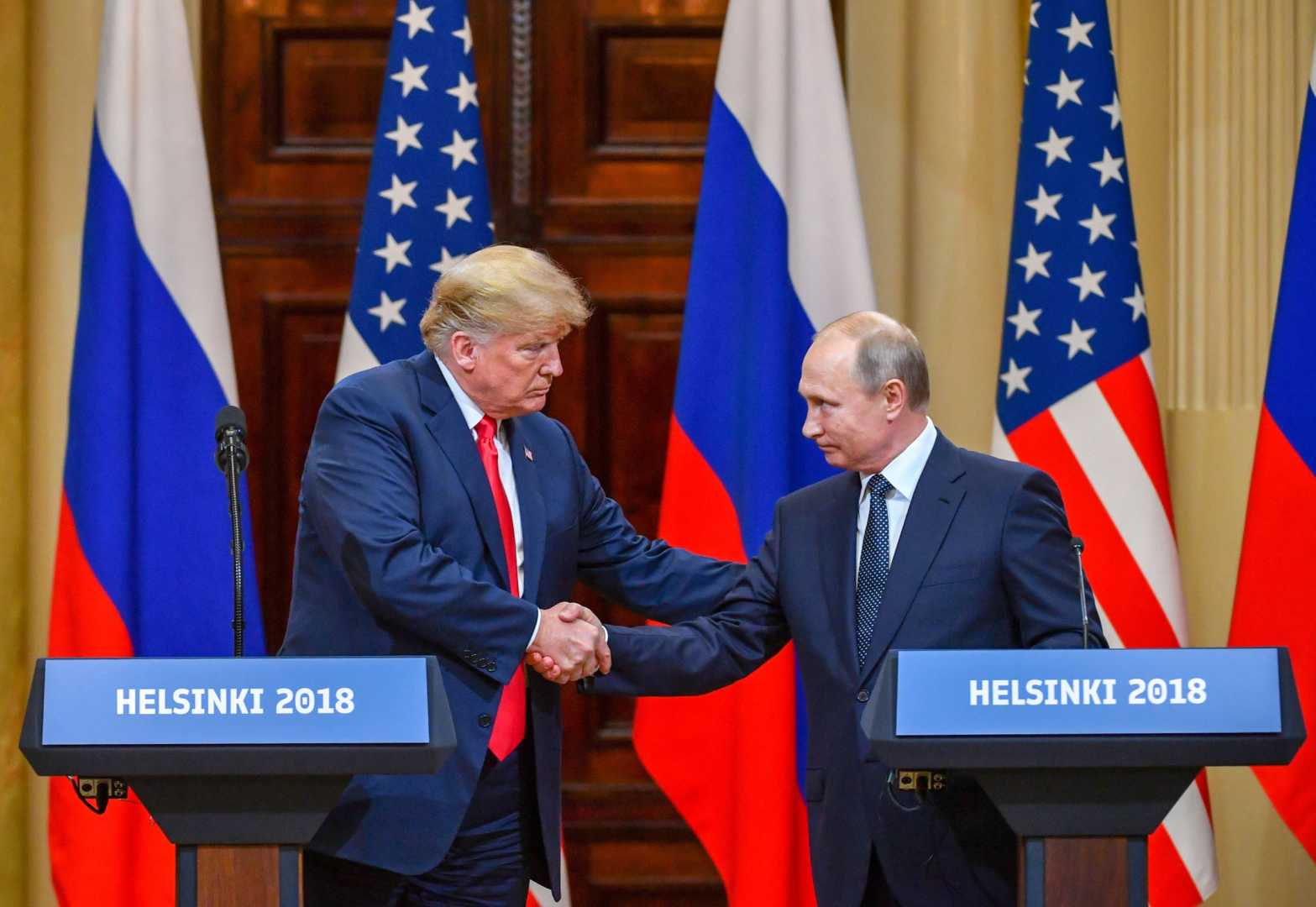News
UK Government Probes Businesses for Potential Russian Oil Sanctions Violations

The UK government is currently investigating 37 businesses linked to the nation for possibly breaching Russian oil sanctions. The BBC reports that despite ongoing investigations, no fines have been issued thus far. These financial sanctions were implemented by the UK and other Western nations following Russia’s invasion of Ukraine in 2022.
Dame Harriett Baldwin, the Conservative shadow foreign office minister, commented on the purpose of the sanctions, stating they were intended to “shut down the sources of finance for Russia’s war machine” and “bring this illegal invasion to an end sooner.” However, some critics argue that the sanctions are not as effective as desired.
The Treasury has indicated that while they are committed to taking action where deemed necessary, the complexities involved mean that investigations can be time-consuming. These sanctions aim to limit Russia’s oil profits by capping the price at which British businesses can facilitate the transportation of Russian oil. Transactions involving oil priced above $60 per barrel are prohibited.
New details obtained under the Freedom of Information laws reveal that the Treasury has initiated investigations into 52 companies with UK connections suspected of violating the price cap since December 2022. As of August, 37 of these investigations are ongoing, but none have resulted in fines. While the companies remain unnamed, it’s believed some may be maritime insurance firms.
Dame Harriett told the BBC that more actions could be undertaken by both the government and the oil sector, stating, “there is probably more that could be done” to prevent the import of Russian-originated oil. She highlighted that UK importers might still be sourcing Russian oil indirectly.
The anti-corruption organization Global Witness expressed surprise at the lack of penalties, describing the oil cap as “a sort of paper tiger.” Louis Wilson, head of fossil fuel investigations at Global Witness, called for “bold action” against companies violating sanctions. He asserted that strict enforcement by the UK could lead to others following suit.
The Office of Financial Sanctions Implementation (OFSI), a Treasury unit responsible for overseeing these investigations, received an additional £50 million in funding in March to bolster the enforcement of the UK’s sanctions regime. Nevertheless, Wilson claimed that companies often find it “pretty easy to come by” documentation to avoid penalties.
He described the documents as “basically promises, voluntary bits of paper,” suggesting they allow companies a way out if involved in oil sales above the capped price. Furthermore, Wilson suggested that the US might be hesitant to toughen Western sanctions for fear it could halt Russian oil trade, potentially driving global oil prices higher.
Dame Harriett emphasized the importance of OFSI imposing financial penalties in cases of “deliberate wrongdoing.” A Treasury spokesperson affirmed that enforcement action would be taken “where appropriate,” stressing that the cap has successfully reduced Russia’s oil tax revenues, as evidenced by a 30% drop reported by Russia in the past year compared to 2022.
The former chair of Parliament’s Treasury Select Committee had initiated an inquiry into the effectiveness of these sanctions in February. Although the inquiry was never completed due to the disbanding of parliamentary committees following elections, there has been no confirmed decision on whether the new Treasury Select Committee will resume the investigation.
In a recent development, OFSI imposed its first penalty related to Russia, fining Integral Concierge Services £15,000 for dealings with a sanctioned individual. This London-based firm made or received 26 payments involving a person with frozen assets under the Russia sanctions.












